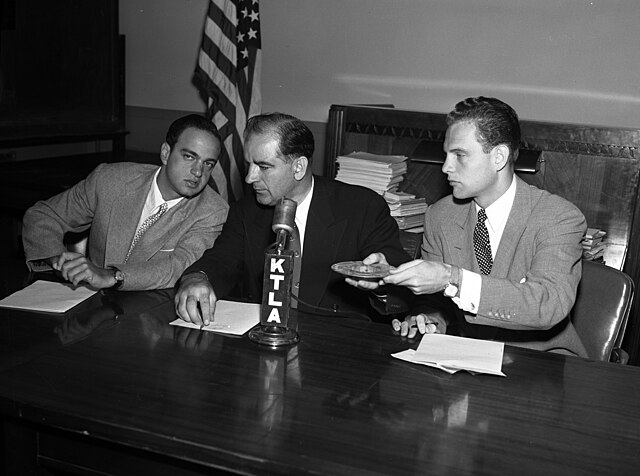Chilling Effects

Mark Joseph Stern puts Ron DeSantis’s threat to impose criminal penalties on people for accurately criticizing his odious abortion ban in the context of his ongoing war on the First Amendment:
The point here is that even if the statements made in “Caroline” were false, Florida would have no power to punish media companies that air the ad. But the statements are true, so the state is unquestionably prohibited from imposing any punishment. Rebecca Tushnet, a professor at Harvard Law School and a First Amendment specialist, told me that the DeSantis administration’s threat is “about as blatant a violation of the First Amendment as you’ll see.”
Jennifer Safstrom, director of the First Amendment Clinic at Vanderbilt Law School, condemned the administration’s letter as an unconstitutional “weaponization of state law to suppress speech” that’s “designed to have a chilling effect on advocates during a time critical to voter outreach.” Alexander Tsesis, a professor at the Florida State University College of Law, said it seemed “absurd to threaten prosecution,” and pointed out that stations’ own “editorial decisions” are protected by the First Amendment. Ciara Torres-Spelliscy, a professor at Stetson Law, called the incident yet another episode in DeSantis’ “long recent history of violating the First Amendment with abandon.”
Torres-Spelliscy raises an important point: This not-so-subtle threat of prosecution is best understood in the context of the DeSantis administration’s broader war against free speech in Florida. He has committed a head-spinning number of First Amendment violations since assuming office in 2019. A brief, partial sampling: A conservative appeals court struck down one of his signature laws, the STOP Woke Act, to ban speech about diversity in the workplace. A conservative judge invalidated two laws signed by the governor that would censor speech about ballot initiatives (like Amendment 4). A different conservative judge found that he unlawfully retaliated against pro-choice speech.
DeSantis quietly accepted a court settlement curtailing another signature law that had censored LGBTQ+ expression in public schools. He is fighting a separate decision invalidating a different policy that gags LGBTQ+ teachers’ speech. That ruling began with this lament: “Once again, the State of Florida has a First Amendment problem. Of late, it has happened so frequently, some might say you can set your clock by it.”
DeSantis’ approach is simple: The governor attempts to impose his policies by censoring expression, threatening those who disagree with gag orders, civil penalties, and even incarceration. He might lose in court later—but by then, the censorship may have had its intended effect. Amendment 4 needs 60 percent approval to pass; DeSantis and his administration are trying to suppress enough pro-choice speech to hold off supermajority support. Any criminal charges over the “Caroline” campaign ad would, of course, get thrown out in court. But if the governor can doom Amendment 4 by silencing speech now, he is unlikely to care that his intimidation tactics were built on constitutional quicksand.
FCC Chair Jessica Rosenworcel has come out to clarify the law and denounce DeSantis’s unconstitutional actions, which hopefully will stiffen the spines of the stations. Here’s the ad he doesn’t want you to see:
